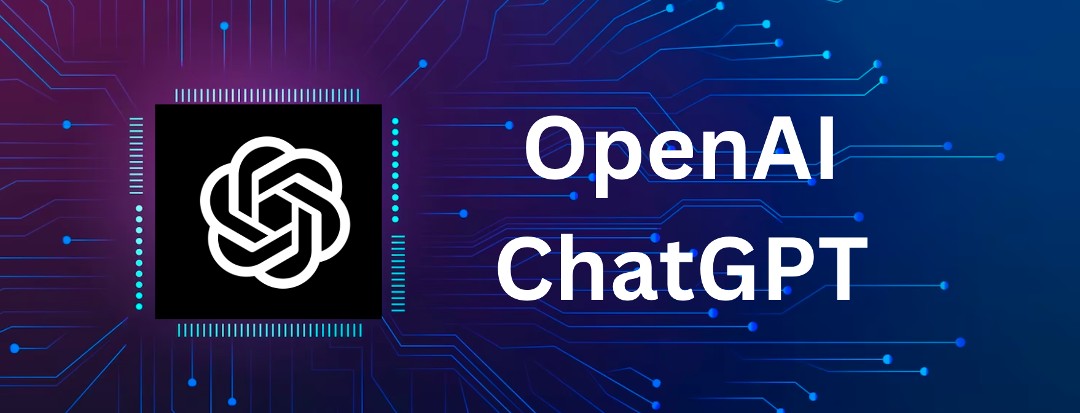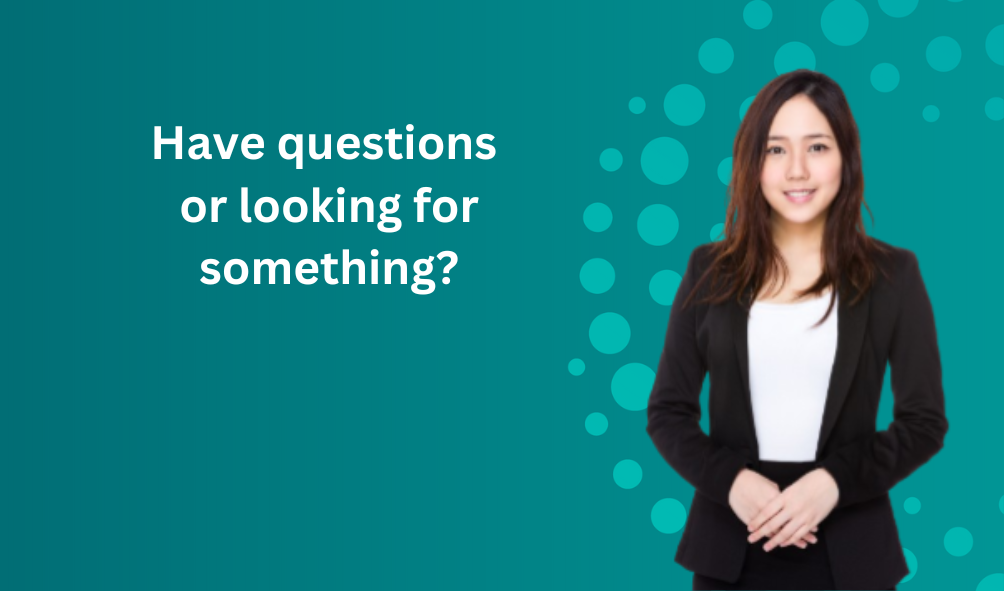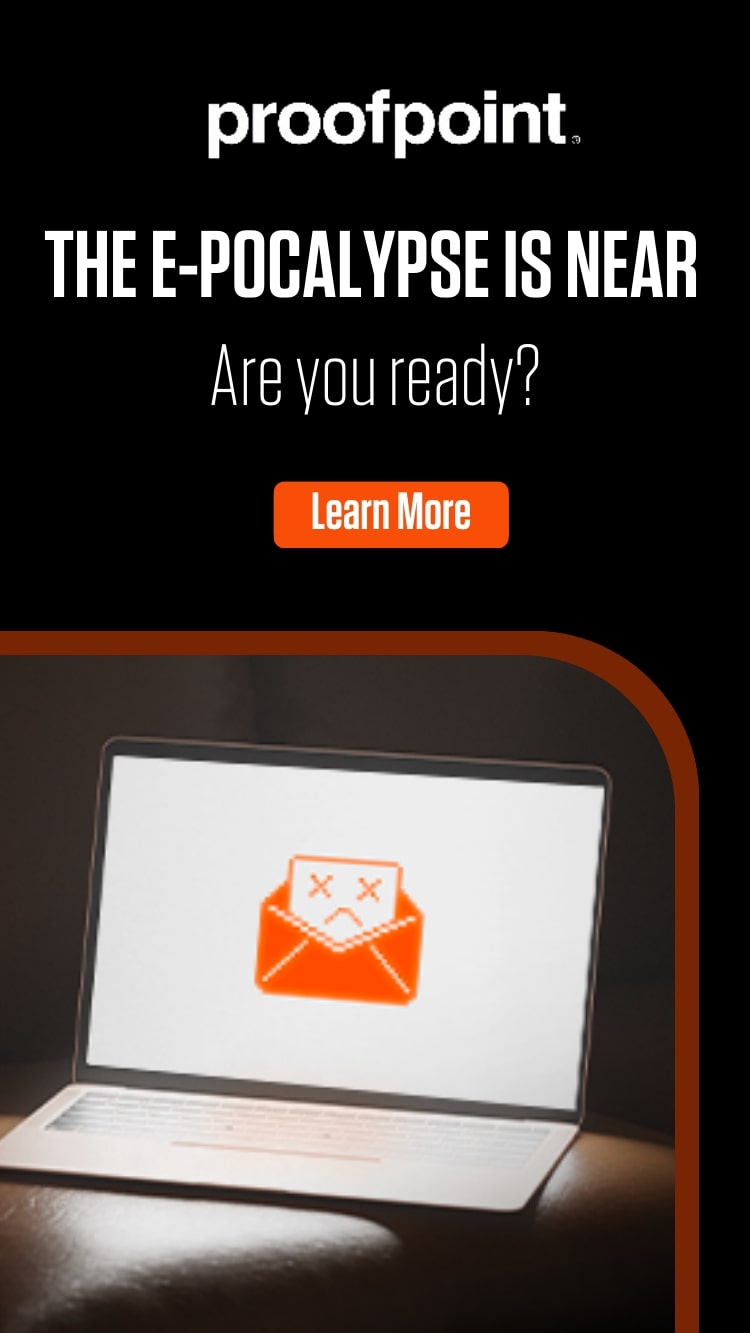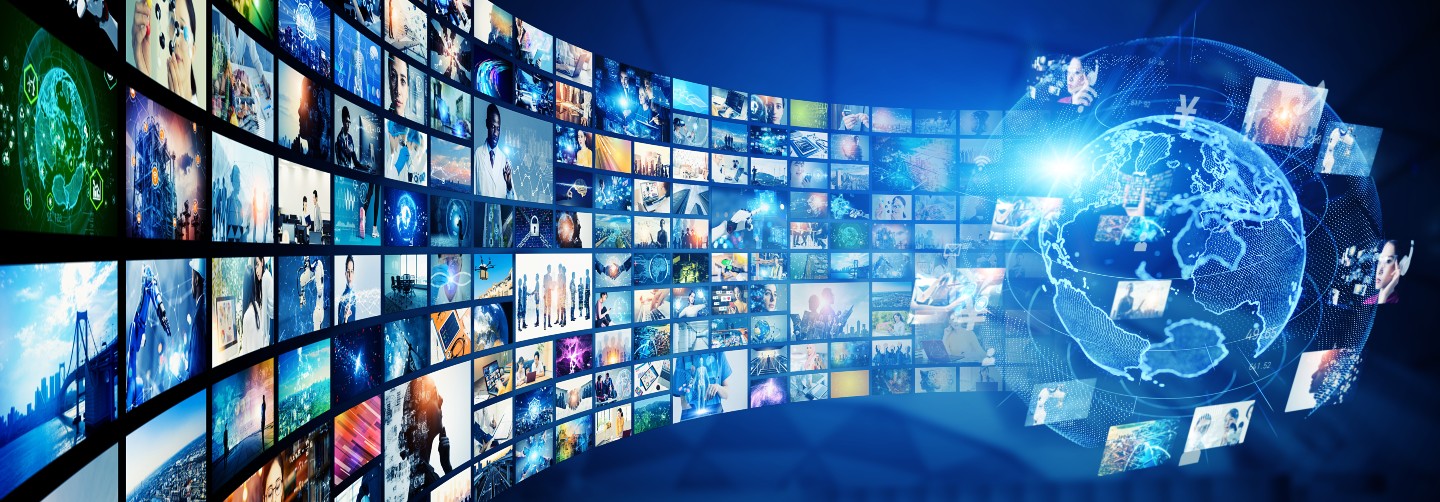OpenAI’s ChatGPT is a language model that generates writing resembling human writing. The model took just five days to reach one million users, a new record. The nearest competitor, Instagram, took 2.5 months, and popular platforms such as Twitter took 2 years to achieve the feat.
ChatGPT is a derivative of GPT-3.5, a language model trained to produce text. OpenAI enabled the following features to make ChatGPT converse in human-like language effortlessly.
- Training ChatGPT on the WebText dataset. This extensive dataset of 300 billion word fragments includes various text types and styles, including articles, forums, and social media posts.
- Applying the transformer language model, which takes text to generate a response based on what precedes it.
- Use of Reinforcement Learning with Human Feedback (RLHF) to optimise dialogue. This method utilises human demonstrations to guide the model toward desired behaviour.
Application of ChatGPT
ChatGPT’s ability to generate human-like responses enables several content-related applications.
ChatGPT generates everything from amazing poetry to intuitive stories, from product information to college assignments. ChatGPT has already found several applications, especially in:
- Personalised content generation. The most popular use of ChatGPT is to generate content for marketing and sales. Marketers can use the tool to craft personalised marketing, social media, and technical sales content. Businesses create tailored emails, social media postings, product suggestions, and other similar content. It also finds use to drive personalised lead campaigns.. It excels at determining consumer preferences and giving them the correct options. It comprehends complicated queries far better than other AI systems.
- Summarisation and text analysis. It distils the most important information from a large text. Such capabilities allow news summarisation, product reviews and research paper synopsis.
- Automated Customer Service to provide product information or FAQ answers. It understands user inputs and responds in a human conversational manner.
- Writing, documenting, and reviewing code. One of the most popular applications of ChatGPT is to write and debug code. The model provides explanations, suggestions, and examples. It also creates SQL queries from the text.
- Structuring data. Enterprises find unstructured data an inconvenience to manage, organise, and sort. It can transform unstructured data into structured data, depending on the quality and consistency of the raw data.
- Language translation. ChatGPT can work in two languages at the same time, and supports the most popular languages of the world. The use of the tool in post-edit machine translations is becoming very popular.
OpenAI’s plans to monetise ChatGPT will enable developers to incorporate the model into products and services. For starters, Microsoft plans to launch Azure OpenAI service with ChatGPT. The new service will allow companies to co-opt tools such as DALL-E into cloud apps.
Assigning tasks to ChatGPT rather than people getting the work done quicker, with less cost.
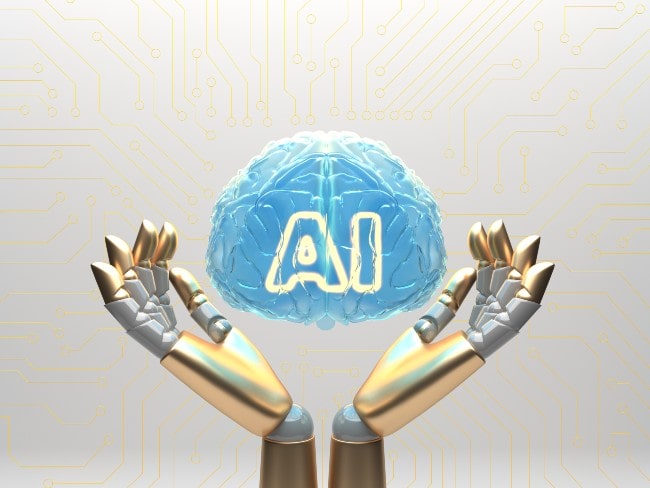
Limitations of ChatGPT
Despite its impressive capabilities, ChatGPT, like any other AI model, is imperfect and has limitations.
Lack of depth
The content generated by ChatGPT needs more depth. ChatGPT works to get a basic introduction to a subject, which works in some situations. But the content lacks depth for anything other than basic introductions or short descriptions. Also, the tool often resorts to filler words and repetitive sentences.
The knowledge base of ChatGPT suffers from severe limitations. The algorithm does not have the training to provide the latest information beyond 2021. Also, subjective views, personal experiences, and real-life examples enrich a content piece. ChatGPT offers none of these.
ChatGPT’s policies exclude requests that promote or support illegal or unethical activities. This includes a wide gamut of topics ranging from pornography to” planning a bank heist” and from investment advice to political news. Many users may have a genuine need for answers to such topics with absolutely legitimate intentions.
ChatGPT also has limited knowledge of world events after 2021.”
Vague answers
ChatGPT is good at summarising a subject but cannot provide original or accurate insight. Consider the topic “items to include in the prospects of a company.” A Google search throws up specific answers, with items requiring mandatory inclusion per the Companies act. ChatGPT gives a generic response that has no relation to the mandatory requirements.
ChatGPT also lacks the advanced linguistic capabilities and cultural knowledge to do a good job of providing contextual information or accurate translations.
Also, ChatGPT struggles to respond with precise medical and legal information. The generic information provided by ChatGPT is often useless in such professional use cases.
Errors
ChatGPT is only sometimes 100% reliable, and users cannot rely upon it to always give accurate answers. ChatGPT is still undergoing training and development, and OpenAI recommends that a human vet all content. Often the algorithm fills in gaps with incorrect data. It is dangerous to use or trust such an AI model.
Bias in language models
Any AI model is only as good as the data used in training. ChatGPT training data may contain bias and errors like any other data set. Such bias and errors amplify when applying the model in real-world settings.
There is also concern about ChatGPT spreading misinformation or propaganda.
Stifled style
ChatGPT generates grammatically correct human-like essays and conversations. But the output is very formal and mechanical. It lacks the natural human flair. ChatGPT output includes only words, not expressions.
In non-formal writing, ChatGPT is also incapable of sarcasm, analogies, and comedy. It cannot identify idioms either. It fails to deliver solutions for situations requiring less professional, more informal language.
Privacy and security concerns
ChatGPT comes with privacy and security concerns. The dataset used to train the model included names, addresses, and other personal data. How the algorithm would use such information, and the issue of data breaches involving such data raise serious concerns.
Issue of ethics
Using ChatGPT to generate text indistinguishable from human-written text raises an ethical issue.
New tools detect AI-generated content, and search engines could penalise AI-powered SEO. Taking text from Chat GPT to manipulate SEO rankings can become counterproductive. OpenAI has launched a ChatGPT plagiarism detection tool, making the use of this tool for SEO and other competitive marketing applications untenable.
The extent to which ChatGPT will disrupt the digital space
Having understood the possibilities and limitations of ChatGPT, the question is, “will ChatGPT take over the digital world?”
When asked the same question, ChatGPT replies as follows.
“As an AI model developed by OpenAI, I don’t have any intention or capability of taking over the digital world. My purpose is to assist users by generating human-like text based on the input provided to me. I am designed to work within the constraints set by my creators and do not have the ability to operate independently or make decisions that would go against their guidelines.”
The answer is true. The best use of ChatGPT is as a tool to aid content creators and developers. Companies that replace content creators and developers with ChatGPT shoot themselves in the foot.
AI could eventually put several artists, writers and programmers out of their jobs. But for now, ChatGPT, far from taking over the digital world, will only change the way we people work. AI tools such as ChatGPT will assist and augment human activity rather than replace it altogether. Smart programmers, writers and marketers leverage ChatGPT as a powerful tool. A programmer could use ChatGPT to do less coding than usual, and a content writer may use ChatGPT to get a basic framework for the content and build upon it. They can use the time saved to do more work or focus on improving their work further.
ChatGPT is superior to other artificial intelligence systems in use. But as competitors such as Google’s Bard comes up, the AI marketplace is about to get very competitive and exciting.

